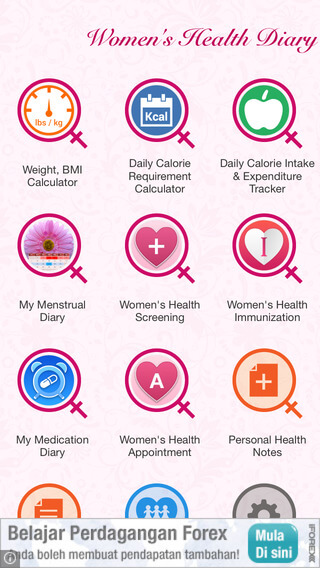As women enter their 40s it’s crucial to pay ongoing attention to breast health. During these decades, hormonal changes and age-related factors can affect your breast health. In this blog, we will explore how to take care of your breasts during this period of your life to maintain optimal well-being.
1. Mammograms: In your 40s, it’s recommended to start having regular mammograms, typically every one to two years. Discuss the appropriate screening schedule with your healthcare provider based on your individual risk factors.
2. Breast Self-Exams: Continue performing regular breast self-exams. Knowing the normal look and feel of your breasts will help you detect any changes promptly.
3. Healthy Lifestyle: Maintain a balanced diet, engage in regular exercise, and manage stress. These factors can contribute to overall health and reduce the risk of certain health issues, including breast cancer.
4. Hormone Changes: Pay attention to hormonal fluctuations, especially during perimenopause. Some women may experience breast tenderness and changes in breast tissue density.
5. Consult with Your Healthcare Provider: If you have a family history of breast cancer or other risk factors, discuss your concerns with your healthcare provider. They can recommend appropriate screening and prevention strategies.
Beyond Your 40’s
1. Regular Mammograms: Continue with regular mammograms. Your healthcare provider will advise you on the recommended frequency based on your individual risk factors.
2. Self-Exams: Keep up with breast self-exams, as they are a valuable tool for detecting any changes in your breasts.
3. Weight Management: Maintaining a healthy weight is essential, as obesity is linked to an increased risk of breast cancer. Focus on a balanced diet and regular exercise to help manage your weight.
3. Breast Density: Ask your healthcare provider about your breast density. Dense breasts can make mammogram readings more challenging, and additional screening methods may be necessary.
4. Bone Health: Pay attention to bone health. Maintaining strong bones can be vital for overall health and can help prevent fractures and injuries.
5. Breast Health Conversations: Stay engaged in discussions about breast health with your healthcare provider. They can provide guidance on your specific situation and any changes in breast health that may occur as you age.
Breast health is a lifelong journey, and it’s essential to adapt your approach as you age. In your 40s and on, regular screenings, healthy lifestyle choices, and open communication with your healthcare provider are key elements of maintaining your breast health. Remember that knowledge and proactive care can significantly improve your chances of enjoying a long and healthy life.



2 COMMENTS
Kayleigh
9 months agoRegular mammograms are so important especially as we age! This info needs to go to everyone!
Vanessa
9 months agoSo important! From bathing suits to lingerie, all of our clients should know this! Passing along to my team.